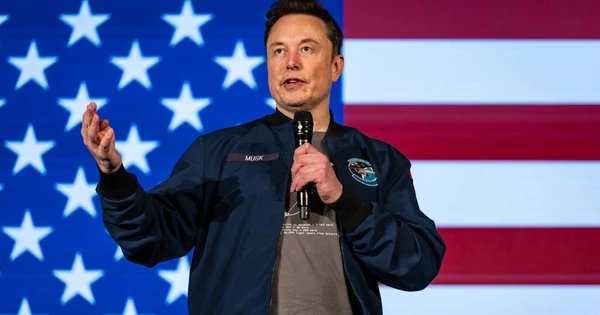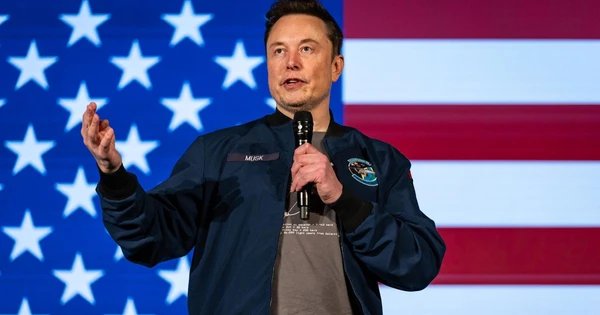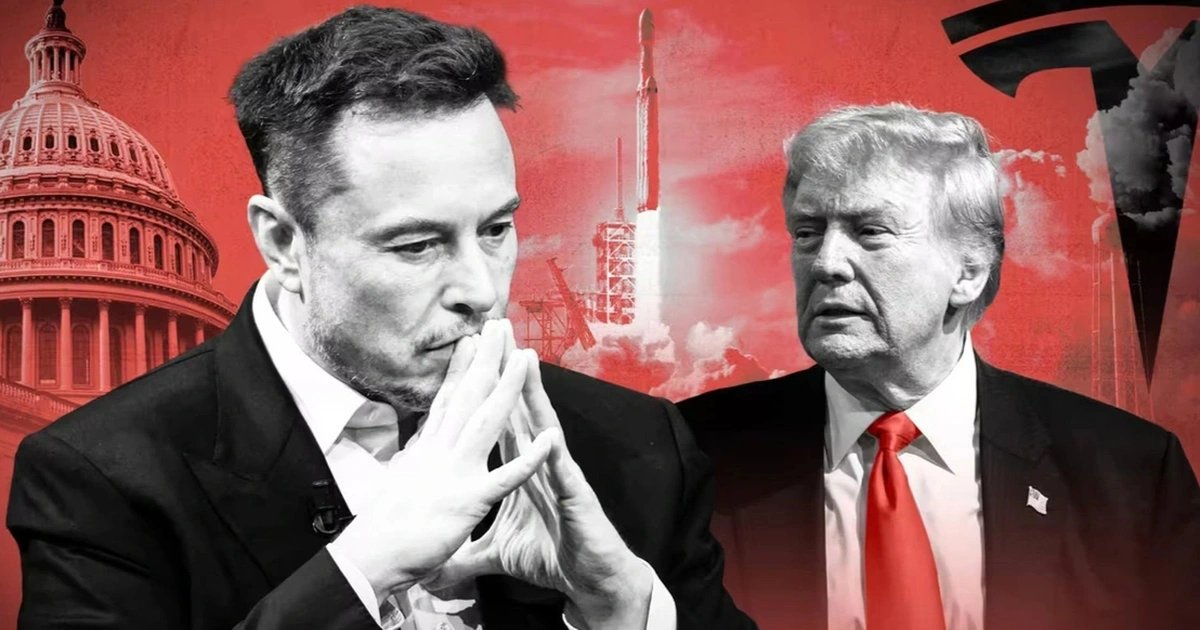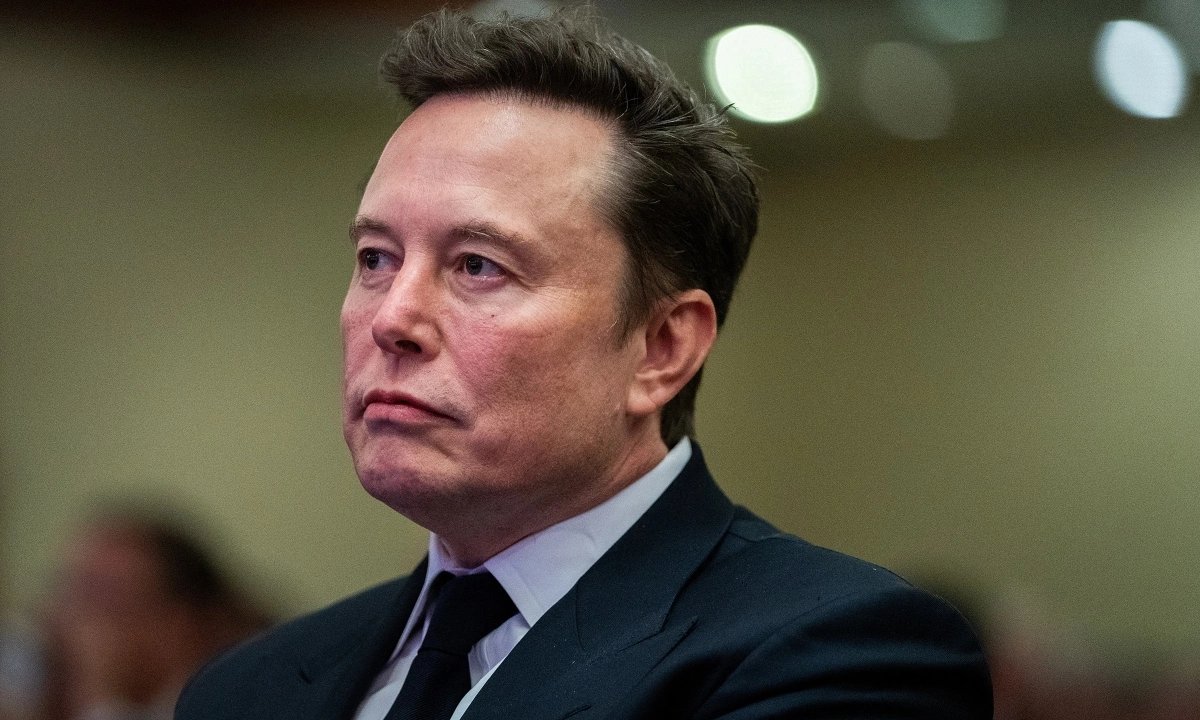
In a political landscape often defined by its rigid partisanship and predictable alliances, an unexpected name is emerging as a potential game-changer for the Democratic Party in the upcoming 2026 midterm elections: **Elon Musk**. Known worldwide for his ventures in technology and space — from Tesla to SpaceX — Musk is now being eyed not just as a tech visionary but possibly as a **secret political asset** for the Democrats.
While traditionally associated with libertarian or center-right sentiments, recent developments suggest that Musk’s influence may align more closely with Democratic strategies, particularly in key battleground states. But how could a billionaire entrepreneur, often critical of government regulation, become a pivotal force in swaying the American electorate?
### A Shifting Political Persona

Elon Musk’s political identity has always been fluid. While he has donated to both parties in the past, his public statements and actions frequently place him outside traditional ideological confines. This unique political neutrality — or ambiguity — is exactly what makes him a **powerful wildcard** in the 2026 elections.
In recent years, Musk has been openly critical of both conservative censorship efforts and progressive overregulation. However, his support for climate action, clean energy, infrastructure development, and universal internet access are aligned with key Democratic policy areas. These overlaps present an opportunity for Democrats to position Musk as a **symbol of innovation, independence, and progress** — qualities that can resonate with younger, tech-savvy voters.
### Mobilizing the Youth Vote
One of the Democrats’ biggest challenges in midterm elections is mobilizing the youth vote. Turnout among voters aged 18–29 typically lags behind older demographics. However, Elon Musk’s popularity among millennials and Gen Z could become a vital tool in reversing that trend.
Through platforms like X (formerly Twitter) and his involvement in cutting-edge tech discussions, Musk commands a massive online presence. A strategic partnership or even soft alignment with his views on AI regulation, electric vehicles, and space exploration could energize young voters who feel disconnected from traditional politics. Imagine Musk urging his followers to vote not based on party, but on **visionary policy ideas** — many of which align with Democratic proposals.
### Innovation as a Political Narrative
In the past, elections have been won not just on policies, but on **narratives**. The Democrats could leverage Musk’s story — a self-made innovator who challenges the status quo — to build a campaign narrative centered around **American reinvention**. With economic uncertainty, climate change, and global competition from China and Russia dominating voter concerns, Musk represents the kind of bold thinking that could reassure an anxious electorate.
By aligning their messaging with Musk’s bold outlook — such as space-based energy, hyperloop transportation, and AI ethics — Democrats could **reframe themselves as the party of the future**, while painting Republicans as clinging to outdated ideologies.
### Strategic Endorsement Without Traditional Alignment

It’s unlikely that Musk will formally endorse any political party. However, a **strategic, issue-based alignment** could be just as effective. Democrats don’t need Musk’s endorsement — they need his **implied support** on key issues. If he publicly praises certain Democratic-led initiatives (such as EV tax credits or AI regulation frameworks), it could lend credibility to those efforts in the eyes of undecided or centrist voters.
Moreover, Democratic candidates in swing states could highlight collaborations or common goals with Musk-backed companies. For example, a candidate could promote a local Tesla factory as evidence of their district’s economic growth and innovation.
### Disrupting Conservative Media Narratives
In recent years, conservative media has attempted to co-opt Musk’s image as a free speech absolutist and anti-woke icon. However, this portrayal is simplistic and increasingly inaccurate. Musk has shown support for progressive immigration reform, urban infrastructure, and scientific investment — all traditional Democratic strengths.
By reclaiming Musk’s nuanced views, Democrats can challenge conservative media narratives and **fracture the GOP’s attempts to monopolize Musk’s image**. If Musk continues to criticize both extremes while acknowledging progress under Democratic leadership, his influence could undermine Republican messaging — particularly among moderates.
### Battleground States and Economic Influence
Key battleground states like Michigan, Nevada, and Georgia are heavily impacted by industries that intersect with Musk’s business empire. In Michigan, Tesla’s influence on the automotive industry could sway unionized workers and engineers alike. In Nevada, Tesla’s Gigafactory represents one of the state’s largest sources of employment. And in Georgia, SpaceX’s Starlink services have brought high-speed internet to rural communities.
By focusing campaign messaging on how Democratic leadership has **enabled economic development through innovation**, and using Musk’s businesses as case studies, Democrats can make a compelling case that they are the party of **jobs, progress, and technology**.
### Climate Change and Clean Energy

Climate change remains a core concern for Democratic voters, and few figures have done more to revolutionize clean energy than Elon Musk. Tesla’s rise has not only made electric vehicles mainstream but has also forced competitors to go green.
A coordinated campaign that highlights Musk’s clean energy goals and ties them to Democratic policy could energize both environmentalists and business-minded voters. It presents a unique opportunity to **unite economic growth with environmental responsibility**, all under the banner of American innovation.
### Tech Regulation and Artificial Intelligence
One of Musk’s most vocal concerns is the regulation of artificial intelligence. He has repeatedly warned against unregulated AI development, calling it one of the biggest existential threats to humanity. This issue, while not yet a central plank in political platforms, is **gaining urgency**.
Democrats could lead the charge on ethical AI legislation, positioning themselves as proactive problem-solvers — and potentially earning Musk’s praise in the process. If Musk tweets support for a Democratic-backed AI bill, the resulting media attention could significantly sway public opinion.
### A Counterbalance to Trump and Extremism
With Donald Trump expected to remain a dominant force within the Republican Party, many moderates and independents may seek an alternative that doesn’t feel like a return to establishment politics. Musk’s presence in the national conversation provides a **middle-ground appeal**.
If Democrats can align themselves with Musk’s reformist energy, without appearing overly partisan or beholden, they can present themselves as a rational counterbalance to Trump-era chaos. This could be especially persuasive among independent voters, suburban swing voters, and first-time voters disillusioned by traditional political figures.
### Risks and Challenges

Of course, aligning with Elon Musk is not without risks. His controversial tweets, unpredictable statements, and disputes with regulatory agencies could backfire if not carefully managed. Democrats must avoid appearing dependent on a billionaire’s approval, especially amid rising concerns about the influence of wealth in politics.
Instead, the focus should be on **issue-based convergence**. Highlight shared goals — not personal loyalty. Maintain autonomy while embracing the overlap. This strategy allows Democrats to benefit from Musk’s influence without compromising their core values.
### Conclusion: A Nontraditional Asset for a New Era
In the age of polarization, the idea that a single individual — even one as influential as Elon Musk — could sway an entire election cycle might seem far-fetched. Yet, the 2026 midterms are shaping up to be anything but traditional. With technology transforming every aspect of life and voters craving authenticity and innovation, the Democrats may find that their most unexpected ally is not a politician at all, but a **visionary entrepreneur**.
By thoughtfully leveraging Musk’s appeal, without becoming overly reliant, the Democratic Party can craft a modern, forward-thinking narrative that resonates with a diverse electorate. Elon Musk may never step onto a campaign stage, but in 2026, his shadow may loom large — not as a candidate, but as a **catalyst for political transformation**.